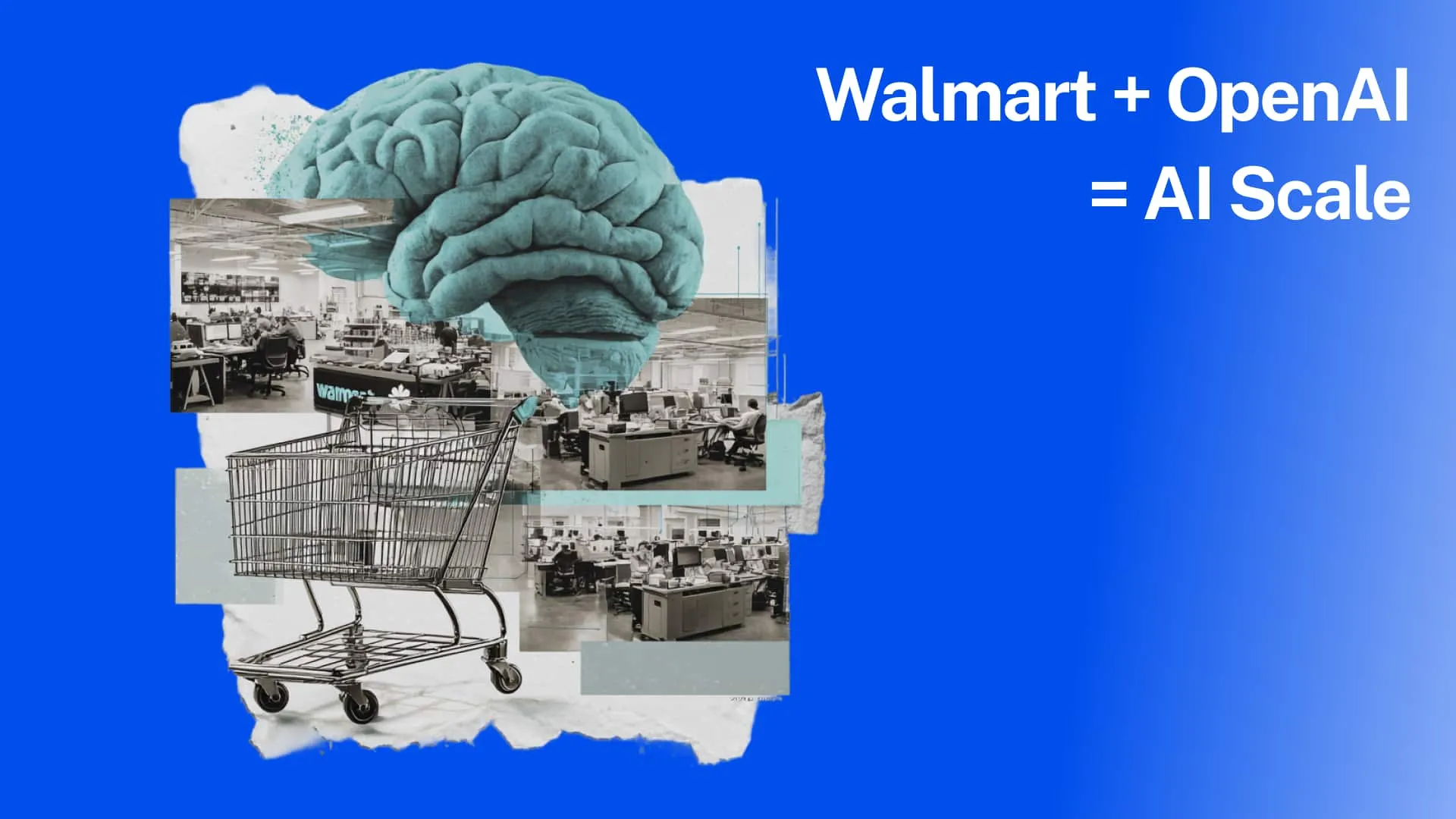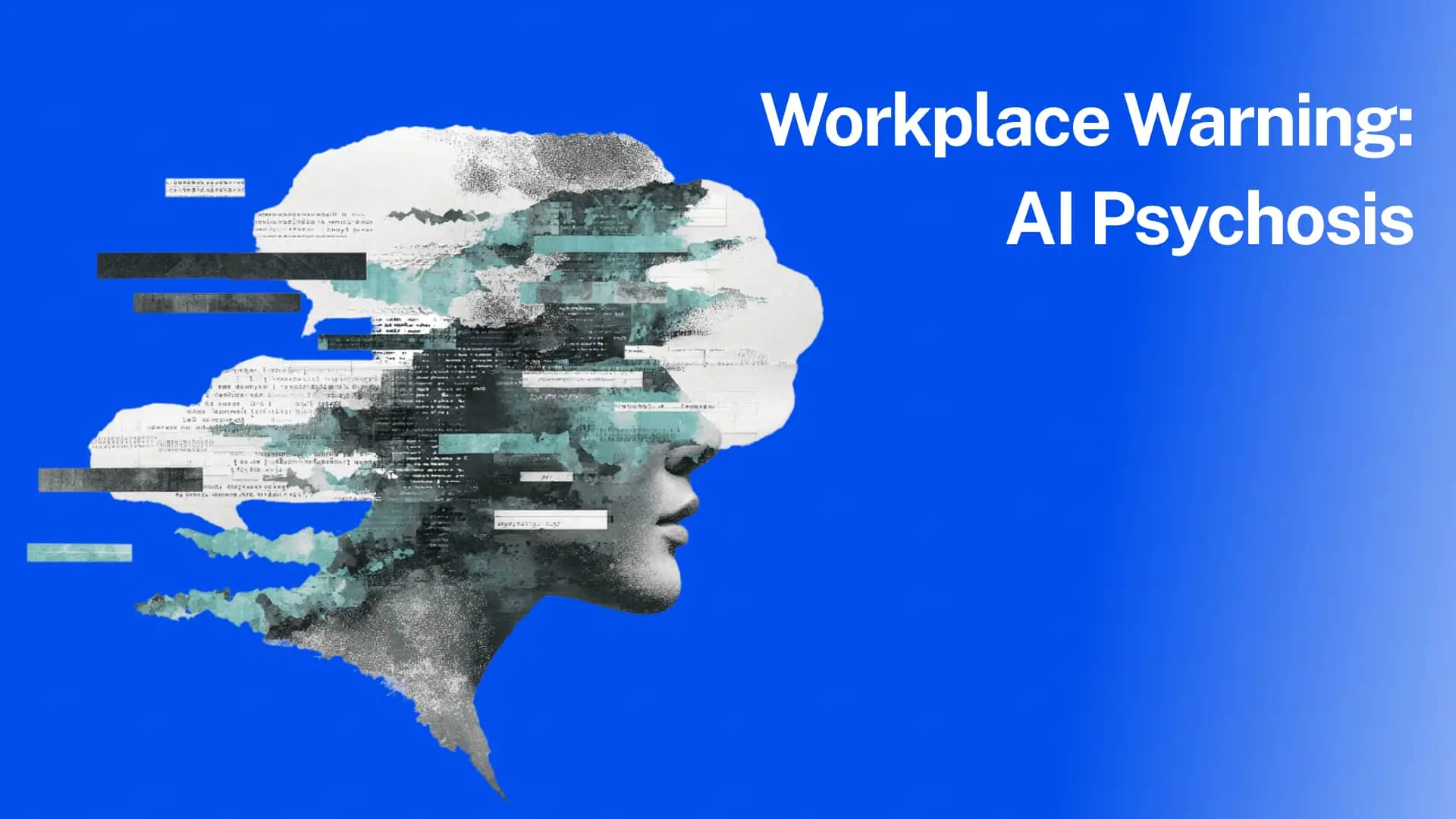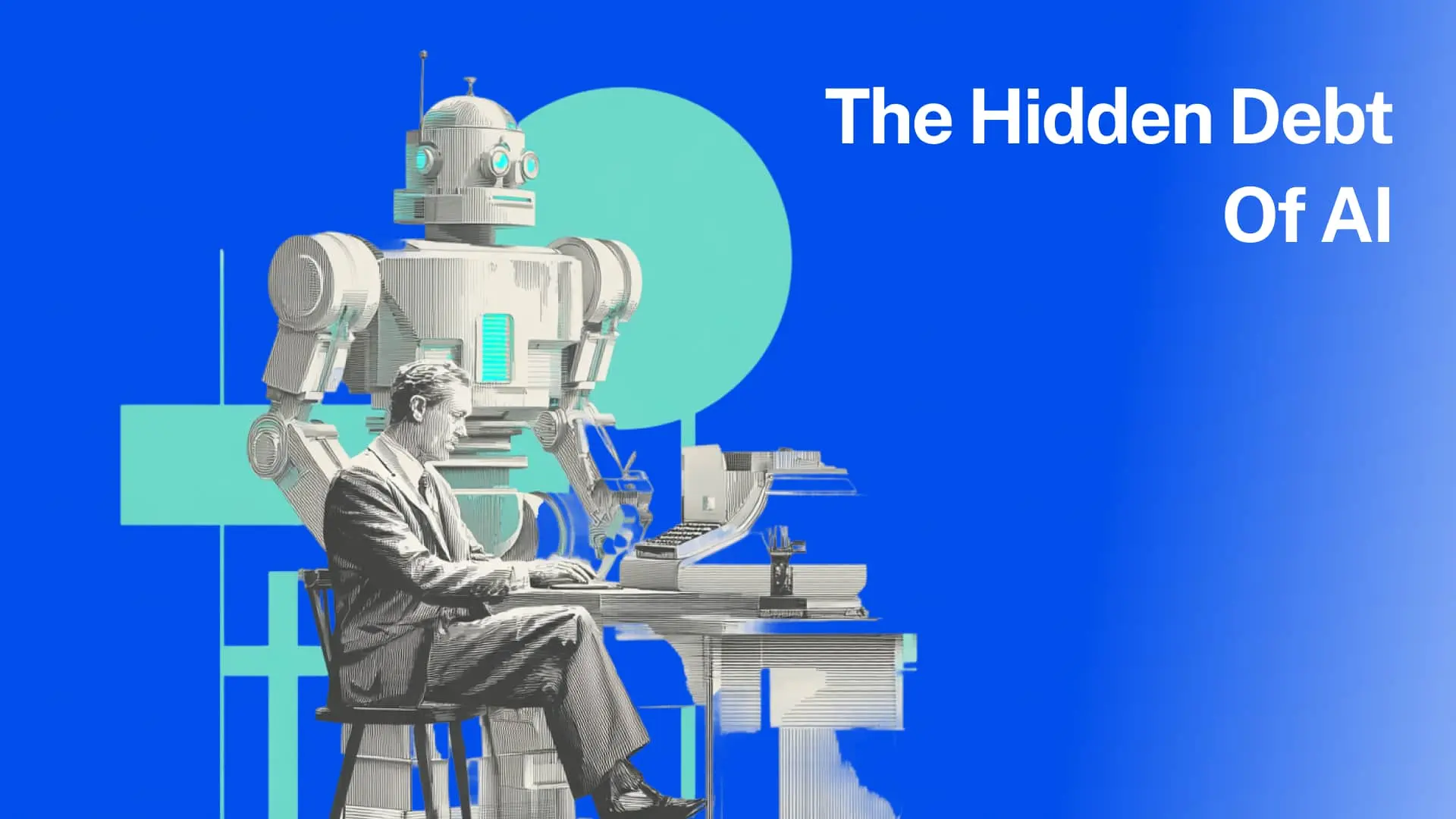Want to make up to $153,698 working from home?
Then you're going to love new AI jobs.
And surprisingly, a lot of them are not even in tech.
But – one danger looms – that of women falling behind.
Read on...
The Need-to-Know
- AI's Ramp-Up in the Job Market: AI job postings on LinkedIn more than doubled between July 2021 and July 2023, and applications rose by 19% in the US and 11% globally. This includes many roles outside of the tech sector.
- AI Pays More: Amazon research shows that employers pay an average of 47% more for employees with AI skills and according to data analyzed by CNBC, many AI roles are remote jobs and pay between $127k and $153.
- Women Risk Falling Behind: However, women are less engaged in AI conversations, less likely to learn AI skills compared to men, less likely to use AI, and to use it less often, all while they are overrepresented in jobs that are likely to be disrupted by AI. This could amplify an already existing pay and seniority gap.
- Taking Action is Key: Picking up both technical and non-technical skills popular in AI roles is crucial to getting ahead in a future that’s looking to be more AI-fueled by the day.
Sponsored By: the new Remote Jobs
Talent is everywhere. Never let geography stand in the way of hiring great people.
Find and hire great people, wherever they are with new Remote Jobs, from the leading global HR platform.
Signing up is simple, free, and fast.
Try Remote Jobs today for free.
AI Creates $100k+ WFH Jobs – But What About Women and AI?

We’ve read before that two-thirds of jobs will be affected by AI, but new data is showing that AI is already significantly influencing the job market.
According to recently released research from LinkedIn, AI job postings more than doubled between July 2021 and July 2023.
During the same period, there was also a rise of 19% in the number of applications for AI and AI-related job postings in the US and 11% globally.
Interestingly, job posts on LinkedIn that explicitly mention AI enjoyed 17% more application growth over the past two years than job posts with no mentions.
AI’s Job Market Impact Goes Beyond Tech
As Karin Kimbrough, LinkedIn’s Chief Economist, commented, AI will impact jobs in all industries, even beyond tech:
“The transformative effect of Generative AI on the workforce will have been seen far beyond the Technology industry alone. Nearly every industry will be impacted to some degree - most notably Retail, Wholesale, Financial Services and Professional Services.” – Karin Kimbrough, Chief Economist, LinkedIn.
Even something like Prompt Engineering, where you learn how to ask AI the best questions, will be valuable regardless of which industry you work in, concludes Wall Street Journal’s Joanna Stern, who applied for the role as an experiment:
“Anyone who wants to successfully work with AI tools and elicit the best answers from them really should learn some of these prompt writing skills, even if your next job title isn't officially prompt engineer.” – Joanna Stern, Wall Street Journal
As Morgan Smith reports for CNBC, the top five in-demand AI jobs that pay $100,000 or more and can be done from home include Supply Chain Specialist, Sustainability Manager, and Sales Manager – not at all tech jobs.
And AI is not only more popular in and beyond tech, it also pays more.
An Amazon study released this week found that employers are “willing to pay an average of 47 percent more for employees with A.I. skills.”
This is likely driven by 73% of employers prioritizing AI hires, while three out of four say they can’t meet AI talent needs.

Are Women Falling Behind?
That all sounds like great news for the AI-savvy.
However, something troubling caught my eye after reviewing the LinkedIn report data: women seem to be systemically falling behind.
Here’s what the data tells us about Women and AI:
1. Fewer Women Talk About AI
Conversations about AI in the workplace on LinkedIn increased by 70% in the past year.
Analysis shows that these conversations are predominantly driven by men, with 58% participation, compared to only 31% by women.
2. Less Likely to Want to Learn AI
Also according to the LinkedIn study, men are more inclined to learn AI skills than women, up to twice as much in markets like Italy and the UK.
This may be because 64% of men in the US are concerned about not knowing enough about AI, as opposed to only 45% of women.
3. Less Likely to be Using
In our Generative AI at Work data, we saw that while, on average, 57% of all respondents use Generative AI tools at least monthly, only 45% of women do.
We also noticed that men use Generative AI much more frequently than women, with men being twice as likely to use the technology daily.
4. More Distrustful
Our Generative AI at Work study also asked non-users why they don’t leverage AI tools.
While both men and women cite a lack of necessity or availability as the main reasons not to use Generative AI, women are more likely not to trust AI.
The Impact Could be Significant
The impact of these attitudes and behaviors could be significant.
Especially because the LinkedIn study finds that women’s jobs are 9% more likely to be disrupted by AI.
According to the report, women “are overrepresented in occupations that currently rely more intensively on skills that can be partially replicated by some technologies, like Medical Administrative Assistant, Office Manager, and Legal Assistant.”
Making matters worse, women are underrepresented in occupations that are less likely to be disrupted by AI, like Electrical Engineer (94% male), Mechanical Engineer (89%), and Computer Network Technician (88%.)
This is on top of the fact that while women are more ambitious than ever, but still face fewer opportunities to advance to C-Level than men.
According to 2023 McKinsey and Lean In research, in a typical company, men hold 60% of manager-level positions, while women hold just 40%.
Writing for Reworked, Asana’s Rebecca Hinds says:
“It’s crucial that women’s experiences, expertise and perspectives are more deeply integrated into AI development, workplace roles and technology rollouts. Ensuring greater representation of women, especially at AI conferences, should be a non-negotiable.” – Rebecca Hinds, Head of The Work Innovation Lab, Asana
So, how can women overcome this disadvantage?
Jane Paek, Head of Customer Engineering at Google, recently shared that, first and foremost, women need to believe:
“Foundationally, women need to be encouraged to have more confidence. And some of that confidence comes from self-acknowledgment that they are amazing. Women should celebrate that fact. You should be able to declare to yourself that “I am remarkable because of the multitude of things that I’ve accomplished.”” – Jane Paek, Head of Customer Engineering, Google
This aligns with what My Holland, a business coach who’s been writing about AI bias negatively impacting women, told me for this newsletter. She said that it’s often a combination of imposter syndrome and existing workplace bias:
“Imposter syndrome and gender bias should not define us in an AI-run world. Focus on your strengths, your supportive network, and your growth mindset. Use any platform to advocate for a more inclusive AI landscape. Another dimension to D&I!” – My Holland, Business Coach, EQuest Asia
Seizing the AI Opportunity
So, what can we all do to reap the potential of AI-fueled jobs?
And cash that 100k+ paycheck while working from home?
In my article “How to Use AI,” I outlined two paths.
One is to try it out yourself.
Getting familiar with Generative AI tools will make you more comfortable with the technology and ground you in taking more advanced steps on the AI journey.
If you don’t know where to start, ask AI how it can help you work smarter, not harder.

Two, if you’re so inclined, is diving deeper and taking a (short) course.
Google, Microsoft, and several universities offer free online courses to understand AI better.
According to the LinkedIn study, the most critical skills to acquire are Machine Learning, Data Structures, and Natural Language Processing.
But surprisingly, it’s not just tech skills. AI jobs often demand strong Communication, Employee Benefits, and Leadership skills.
In their Harvard Business Review article “The Skills Your Employees Need to Work Effectively with AI,” professor Nada R. Sanders and law firm partner John D. Wood write:
“Our interviews reveal that while technical skills get more press, it is these uniquely human skills that companies need — and find to be in short supply in today’s marketplace.”
Therefore, combining technology and human skills will be most helpful to excel in the future of work.
And it may even be a clue as to why women are less focused on building their AI credentials, shares WorkTripp CEO Sophie Bailey:
“What we see could reflect our preference towards human skills versus tech skills. This isn’t necessarily bad if creative and collaborative skills are valued more in a world where technical skills give way to automation.
A few years ago, everyone went through coding boot camps or trained to be a data scientist, but automation is replacing those skills rapidly.
Professional women are thoughtful for how AI will enhance their careers, but they synthesize this more with their existing skills versus going narrow and all in.” – Sophie Bailey, CEO, Worktripp
Companies and Leaders Must Support
But let’s be honest, it’s not only up to the individual.
As AI expert Alexandra Samuel told me in our recent interview, leaders must support team members in acquiring these skills of the future. This includes dedicated time to experiment with AI and space to discuss how it’s impacting your work:
“The organization and the team have to make space for people. Serious space, not a “go-do-it on your evening,” but actually, a day a week now is going to be spent experimenting with AI. Two hours a day are going to be spent experimenting with AI.” – AI Expert Alexandra Samuel.
According to McKinsey’s “State of AI in 2023,” most companies with at least one AI role foresee significant reskilling.
Looking ahead to the next three years, four in ten respondents expect more than 20 percent of their companies’ workforces will be reskilled.
But, as recent Asana research shows, while 25% of executives say their companies currently provide AI training, only 11% of individual contributors affirm the same.
The Bottom Line
With AI set to disrupt large swaths of the labor market, and already pay more, staying ahead is critical.
Given the quick ramp-up in AI skills requirements, if you’re not yet up to speed with AI, now is as good a time as any to get started.
Especially for women, who are already facing difficulties rising to the top and are currently taking less of an interest in AI.
Try some tools, watch a few YouTube videos, or read my previous articles. And, as pointed out by Sophie and others, don’t overlook the crucial human skills either.
Then, reap the benefits as AI skills are increasingly valuable to companies – and won’t stop doing so.
Need more AI tools to make your work and life 10x easier? Check out our Top AI Websites, Top AI Tools, How to Use AI, Free AI Tools, AI Productivity Tools, AI Recruiting, AI Presentation Generators, and AI Accounting.
Use our Prompt Generator to create 10x more powerful prompts and see more value from your ChatGPT usage.
Want to learn more about AI? Check out our guide to AI Trends, AI Statistics, AI Prediction, AI Cold Outreach, AI in Remote Work, AI in the Workplace, AI in Management, AI in HR, and Women and AI.
– Daan











